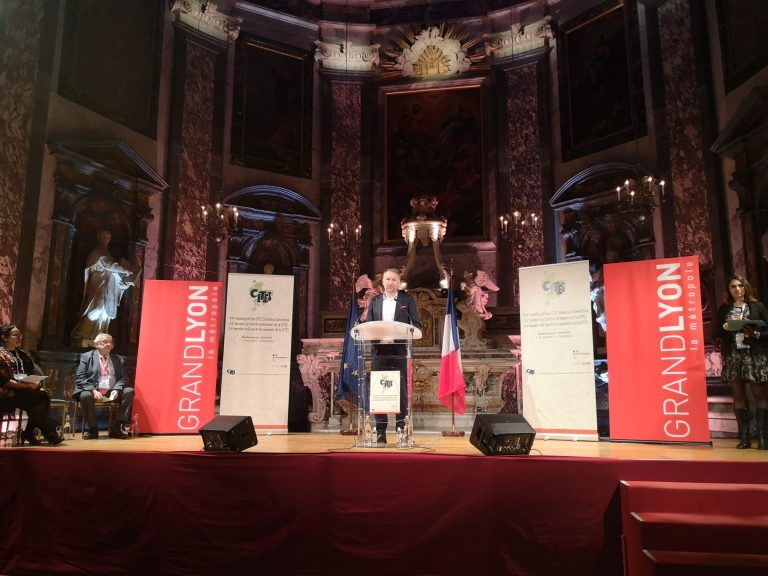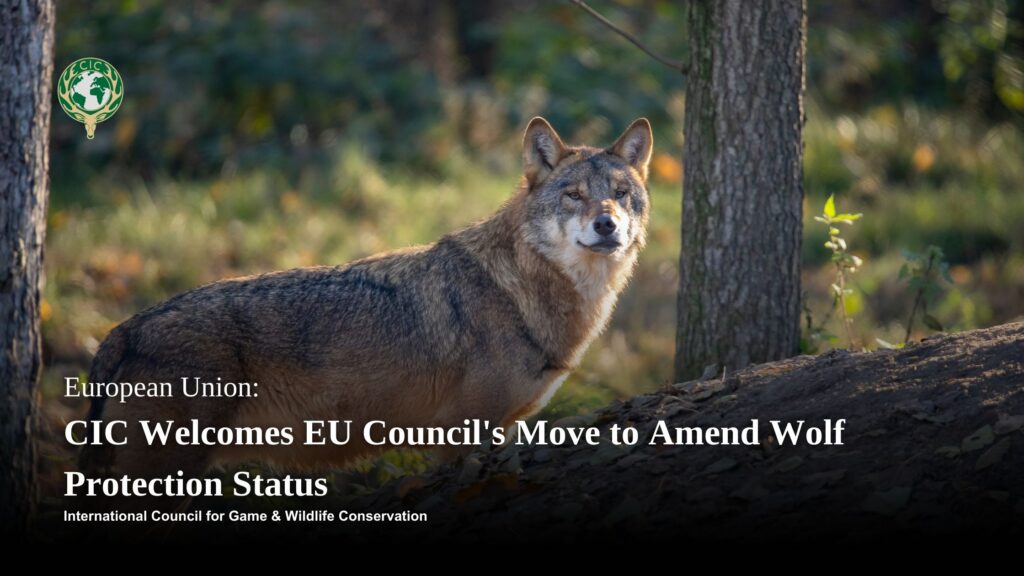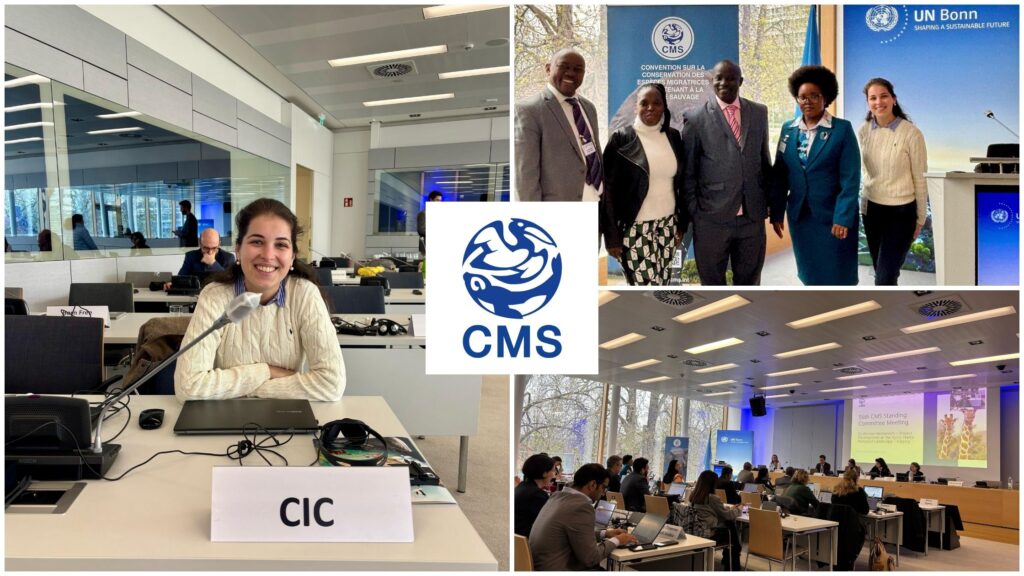Home » News & Press » The CIC at the CITES 74th Standing Committee Meeting
Facebook
X
LinkedIn




